
Drive into the town of Kuujjuaq and one of the first things you’ll see are flags flying at half-mast.
It’s a tradition in this community of almost 3,000 when someone takes their own life.
Inuit here have two current reasons to do so.
Late last week in Kuujjuaq a young man in his early 20’s died at his own hands, while a 19 year old woman also died by apparent suicide on Friday October 26. This incident is being investigated by Quebec’s independent investigation bureau because the death occurred after local police intervened.
These are just two of the latest deaths in what has been a deadly two weeks in Nunavik, what the Inuit call their territory in subarctic Quebec that is home to 14 communities totalling about 12,000 people, 90 percent of whom are Inuit.
The hardest hit has been Puvirnituq, the village of about 1,800 near the northeastern edge of Hudson’s Bay has had eleven people die by suicide so far in 2018.
“We have an epidemic of suicides. We have a crisis on our hands and if we can’t provide the medical and other mental health support in the communities, it is not going to get better. It will get worse,” wrote Mary Simon in a October 16 Facebook post that has been shared 350 times.
Simon is a Kuujjuaq native and former Canadian ambassador to Denmark.
She recently lost her 22 year old niece to suicide, something she discussed in detail in her public Facebook post which decried a lack of follow up support for her niece.
“Because there is very little support, she could not get the ongoing treatment she needed,” wrote Simon. “The reason I’m telling this story is to show we desperately need ongoing mental health support and services in every Inuit community.
“We need it now, at this point it doesn’t matter if the caregiver is non Inuit.”
Simon has started a petition to get additional resources from both Quebec and Canada.
“As an immediate response, petitioners request that the Prime Minister of Canada and the Premier of Quebec jointly appoint a Special Representative to enact immediate implementation of diagnostic, treatment and counselling programs, for combating these excessive incidents of youth suicide with adequate professionals, facilities, and financial resources,” reads the petition.
Read the petition here: Help stop the suicide epidemic in Nunavik, Northern Quebec, Canada
So far, more than 1,100 people have signed.
Kativik Ilisarniliriniq, the school board for Nunavik, has organized two days of meetings starting October 30 in Kuujjuaq to plot out a course of action. About 70 people from organizations from all over Nunavik are expected to attend, as well as a representative of Quebec’s Ministry of Education.
A representative from Indigenous Services Canada told APTN News that their presence was not requested at the meeting because the Inuit of Nunavik fall under the James Bay and Northern Quebec Agreement, as a result health service funding comes mainly from the province.
Nonetheless, in a statement, federal Indigenous Services Minister Jane Philpott said, “My heart goes out to the families.
“My officials have reached out to the Nunavik Regional Board of Health and Social Services to offer additional supports as needed during this difficult time.”
After a similar wave of suicides in 2016, Inuit Tapiriit Kanatami (ITK, the organization that represents Inuit in Canada) created a National Inuit Prevention Strategy that outlined six priorities, including culture support, addressing poverty, health, and healing services, that need to be tackled.
According to the strategy, from 2009-2013, Nunavik and Nunavut’s suicide rates were each more than ten times the national rate.
Over the course of the next week, much discussion will revolve around how to shore up resources to address these priorities; all with an eye to keeping the flags in Kuujjuaq flying at full mast.
If you are experiencing suicidal thoughts you can call:
Canada Suicide Prevention Service | 1-833-456-4566
Nunavut Kamatsiaqtut Help Line | for Inuktitut speakers (from 7pm -midnight eastern standard time)




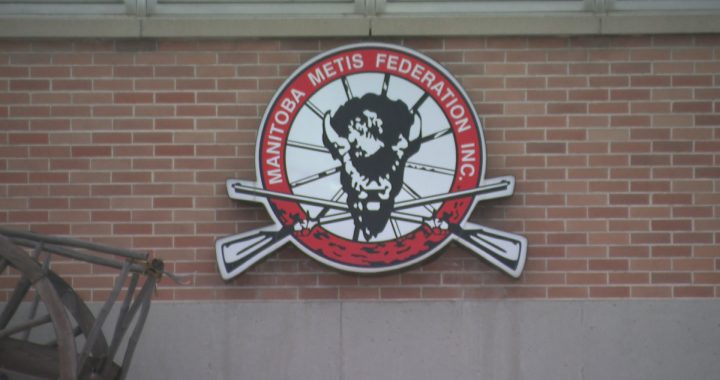
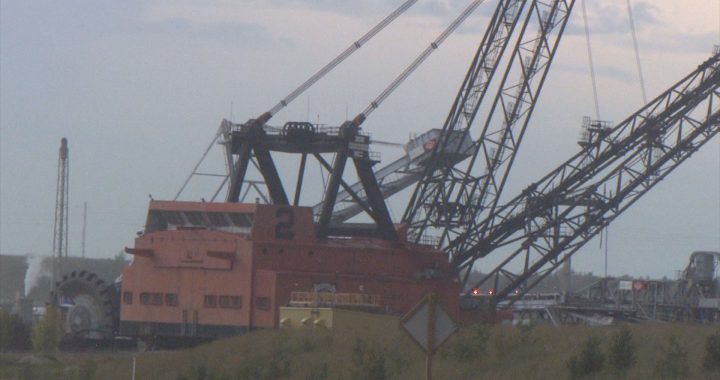
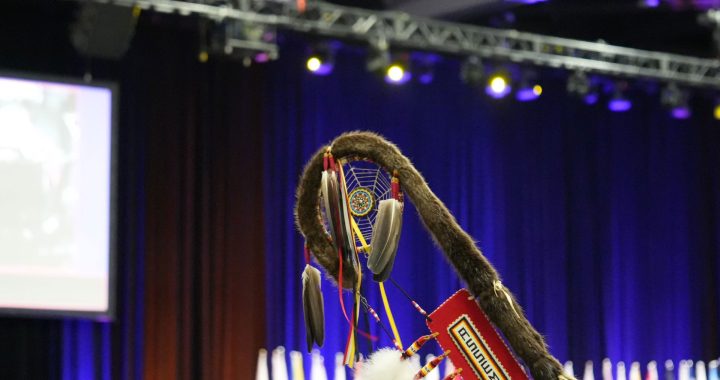
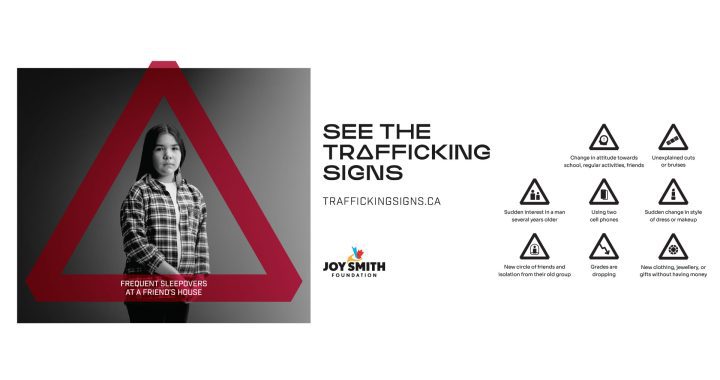
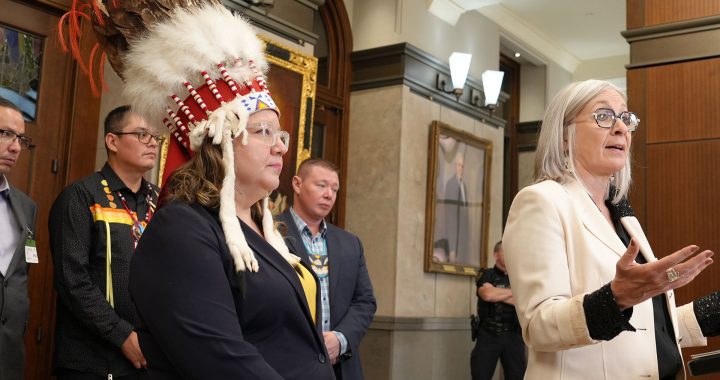
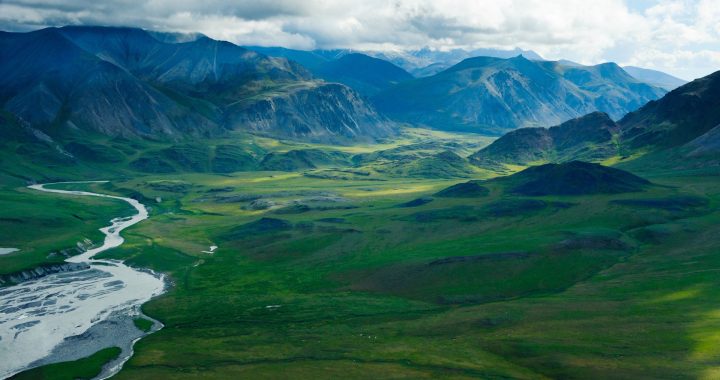

I work as a spiritual cultural life coach in many native communities. Been helping them regain their spirit from a cultural aspect. The colonization process has really brought our communities to a state of hopelessness. When you rebuild the spirit n work on visions the invidual starts to focus. We all need to wake up n work together
This breaks my heart. I lived in Nunavut for a year working as a mental health nurse. I developed a deep love & respect for Inuit. I would dearly love to go there to help as I can
This just breaks my heart, I worked in Nunavut for a year as a mental health nurse & developed a deep love & respect for Inuit. I wjust his dearly love to go there & help as I can
I work as a spiritual cultural life coach in many native communities. Been helping them regain their spirit from a cultural aspect. The colonization process has really brought our communities to a state of hopelessness. When you rebuild the spirit n work on visions the invidual starts to focus. We all need to wake up n work together
This breaks my heart. I lived in Nunavut for a year working as a mental health nurse. I developed a deep love & respect for Inuit. I would dearly love to go there to help as I can
This just breaks my heart, I worked in Nunavut for a year as a mental health nurse & developed a deep love & respect for Inuit. I wjust his dearly love to go there & help as I can
HOW SAD !!! My deepest sympathy to all the families. R.I.P.
Wow I’d of never known until I read this
HOW SAD !!! My deepest sympathy to all the families. R.I.P.
Wow I’d of never known until I read this